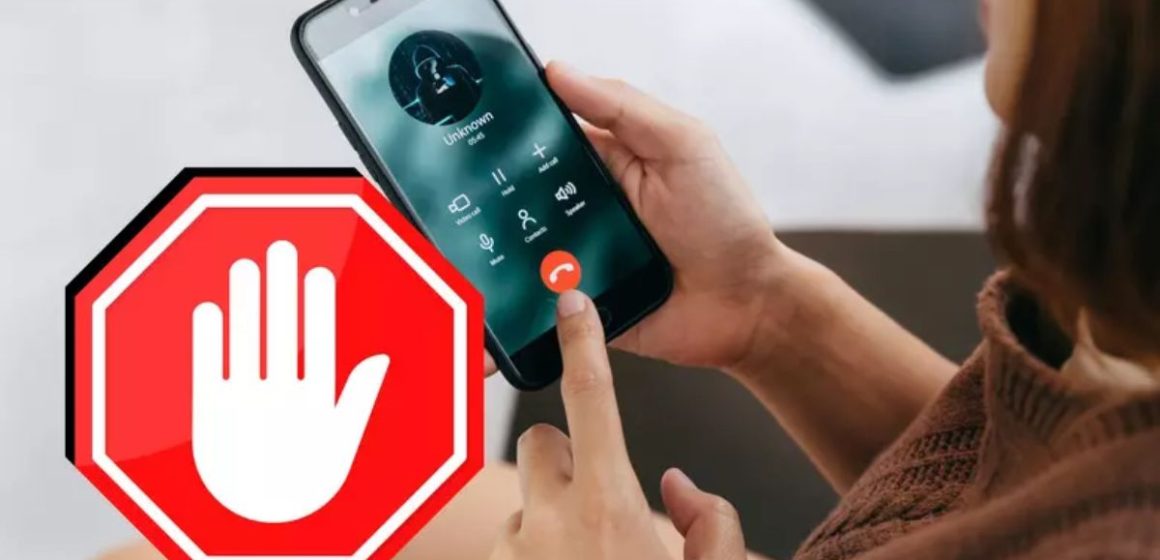In the digital age, phone scams have become an increasingly prevalent threat, targeting individuals across Michigan and the nation. Scammers are constantly evolving their tactics, often using different area codes to create a false sense of legitimacy.
While some calls may appear to be from local numbers, they are part of a scam designed to steal your personal information or money. To help protect yourself, here are five area codes Michiganders should be especially cautious about answering.
1. Area Code 876 – Jamaica
Area code 876 is assigned to Jamaica, but it’s often used by scammers posing as government officials or lottery representatives. In these scams, individuals claim that they have won a large sum of money or a prize but need to pay taxes or fees upfront to claim the winnings.
The scammers will use high-pressure tactics, demanding payment through wire transfers, gift cards, or even cryptocurrency. Remember, legitimate organizations will never ask you to pay money in advance for a prize or lottery win. If you receive a call from area code 876, it’s best to ignore it and report it to the authorities.
2. Area Code 323 – California (Los Angeles)
While area code 323 is assigned to Los Angeles, California, it has also become a hotspot for scammers who often claim to be from well-known companies or the IRS. These scammers use caller ID spoofing to make it appear as though the call is coming from a legitimate business.
Whether they’re pretending to be tech support, debt collectors, or tax officials, their goal is to steal your personal and financial information. If you receive an unsolicited call from area code 323, avoid engaging with the caller and verify any claims through official channels.
3. Area Code 787 – Puerto Rico
Scammers frequently use area code 787, which is assigned to Puerto Rico, to target mainland U.S. residents. One common scam involves callers pretending to be from a bank or credit card company, informing you of suspicious activity on your account. They then request sensitive information, such as your credit card number or Social Security number.
Another variation of the scam may involve fake debt collection calls, claiming you owe money on an account you don’t recognize. If you receive a call from area code 787, do not share any personal information and hang up immediately. Always contact your bank directly using a verified phone number.
4. Area Code 876 – The Caribbean
While area code 876 is officially assigned to Jamaica, scammers from other Caribbean regions may also use this area code to conduct fraud. Calls from area code 876 are frequently associated with “one-ring scams,” where the caller will ring your phone once, hang up, and then wait for you to call back. When you do, you may be connected to a premium rate line, leading to expensive charges.
If you receive a missed call from area code 876, resist the temptation to call back, as it could lead to hefty phone bills.
5. Area Code 473 – Grenada
Grenada’s area code 473 has also been identified as one commonly used by scammers. In these scams, the caller might claim to be a family member or a friend in need of immediate financial help, often in an emergency.
They will request wire transfers or gift cards to assist with their supposed crisis. If you’re ever uncertain about a call from area code 473, it’s best to ask questions only someone who knows you would be able to answer. Never send money or share personal information until you can verify the caller’s identity through other channels.
How to Protect Yourself
The best way to protect yourself from scams is to be aware of common tactics. Here are some simple steps you can take to safeguard your information:
- Don’t answer calls from unfamiliar area codes. If you don’t recognize the number, let it go to voicemail.
- Never provide personal or financial information over the phone. Legitimate businesses and government agencies will never ask for this type of information via a cold call.
- Block suspicious numbers. Many smartphones allow you to block specific numbers, making it easier to avoid further scams.
- Report scam calls. Report fraudulent calls to the Federal Trade Commission (FTC) or the Michigan Attorney General’s Office. They can track these calls and warn others.
Conclusion
Scammers are always coming up with new ways to exploit unsuspecting individuals, but by staying informed about dangerous area codes and following these simple precautions, Michiganders can better protect themselves from falling victim to fraud. If you’re ever in doubt about a call you receive, hang up, and verify the caller’s identity through trusted channels.



Leave a Reply